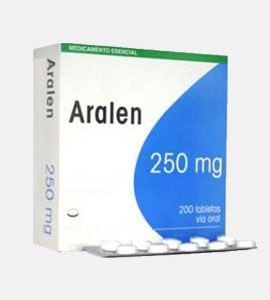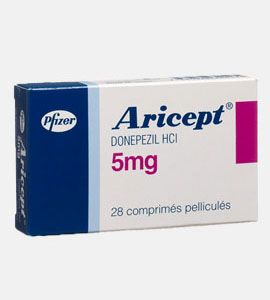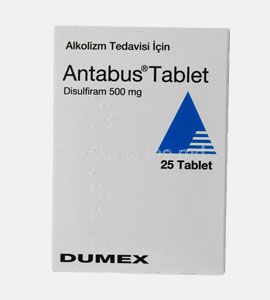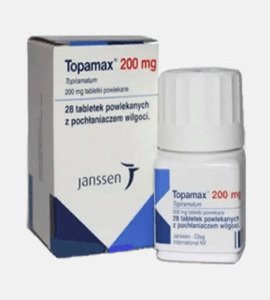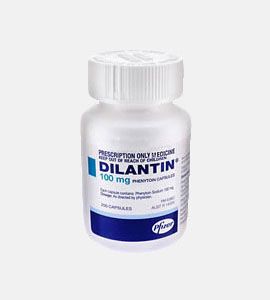
* For illustration purpose only
Dilantin (Phenytoin)

Not in stock
Commercial Name: Dilantin
Active Ingredient: Phenytoin
Utilization: Anti-seizure medication used to treat epilepsy
Available Dosages: 100mg

* Prices in the list do not apply to Switzerland, Sweden and Denmark. Customers are advised to place an order, and our team will contact back with updated prices.

There are 22 users looking at this product right now
Dose of Dilantin in patients treated for non-epileptic disease should be several times lower than in ones with epilepsy. Your dosage should be prescribed by your doctor. A recommended daily dose to treat epileptic seizures is 5 mg per kilo in adults and 4-7 mg per kilo in children. The daily dose should be divided for 1-2 intakes. If to take the medication with food it may reduce its side effects. Correction of the dose is needed in elderly patients, debilitated persons, and patients with certain kidney or liver diseases. Do not use Dilantin suspension at the same time as tube feedings. Do not stop taking this drug without your doctor's permission even if you feel fine as you may have increase in seizures. Do not chew, crush, break, open an extended-release capsule; swallow the whole pill. Shake the suspension before to use it and measure it with a special spoon.
Dilantin is prohibited in patients with liver and kidneys diseases, leukopenia, heart failure, cachexia, porphyria and in patients concomitantly treated with isoniazid, teturamom, aspirin. Cautiousness should be exercised in pregnant or breastfeeding patients (increased risk of malformations and birth defects), ones sick with diabetes.
Adverse side effects may appear during treatment with Dilantin:
dizziness,
agitation,
tremor,
ataxia,
nystagmus (involuntary eyes movements),
fever, nausea,
vomiting,
changes in connective tissue (coarsening of facial features, Dupuytren's contracture),
allergic reaction (rash, itching).
Prolonged use of the medication in patients and especially in children may causes dyspepsia, gingival hyperplasia (overgrowth of the gums), osteopathy, hypocalcemia, megaloblastic anemia.
In rare cases lymphadenopathy and hirsutism (excessive and increased hair growth) may appear. Lymph nodes may sometimes painfully swell up. Level of glucose may rise also so it should be used cautiously in patients with diabetes. Weakness of the bones stipulated by interference of Dilantin into the synthesis of vitamin D may appear. Risk of suicidal behavior in patients treated with Dilantin increases. In case of any serious side effects listed above and also ones of allergy seek for immediate medical help.
If you missed a dose take it as soon as you remember. If it is almost time of your next dose just skip the missed dose and return to your schedule.
Large doses of Dilantin cause ataxia, nystagmus, diplopia (double vision), extrapyramidal disorder, hyperkinesia (muscular activity), sensory neuropathy. High concentration of Dilantin (more than 50 mg/l) in rare cases may cause aggravation of attacks, sopor (abnormally deep sleep) and coma. Large doses of the medication increase blood levels of glucose in patients who are not sick with diabetes. Blood levels of Dilantin over 20 mg/l in children may lead to acute toxicity: nystagmus, ataxia, mental disorders, joint pain, and in more severe cases bradycardia, ventricular fibrillation, atrial flutter, asystole, and coma. If you suppose that Dilantin was overdosed seek for immediate medical help.
Store tablets, capsules, and suspension of Dilantin at room temperature, 15-30 C (59-86 F).

Medically reviewed by Dr. Josette Davignon
Last updated: 25.11.2024




